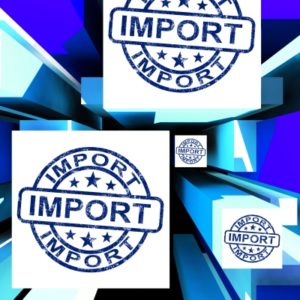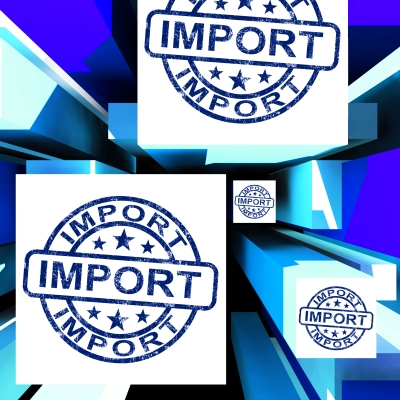 The Philippine Department of Finance (DOF) and Bureau of Customs (BOC) have released the draft customs administrative order (CAO) implementing provisions of the Customs Modernization and Tariff Act (CMTA) pertaining to the process for entry lodgement and cargo clearance.
The Philippine Department of Finance (DOF) and Bureau of Customs (BOC) have released the draft customs administrative order (CAO) implementing provisions of the Customs Modernization and Tariff Act (CMTA) pertaining to the process for entry lodgement and cargo clearance.
The draft CAO will cover all importations entered for consumption through a formal entry process, whether or not these are subject to duties and taxes.
The draft order will implement Sections 103 to 109, Chapter 2, Title I; Sections 400 to 414, Chapter 1, Title IV; Sections 419 to 422, Chapter 2, Title IV; Sections 424 to 436, Chapter 3, Title IV; and Sections 700 to 708, Chapter 1, Title VII, pursuant to Section 201 in relation to Section 204 of Republic Act No. 10863, otherwise known as CMTA.
Position papers will be accepted until December 8, the same day a public hearing on the proposed CAO will be conducted. This is the 12th draft CAO issued by DOF and BOC that awaits approval and signing in order to operationalize the CMTA.
Under the draft rule, all goods—including those previously exported from the Philippines—when imported into the Philippines are subject to duty. However, there are goods exempt from duties and taxes, including conditionally tax and/or duty-exempt importations under Section 800, Chapter 1, Title VIII of the CMTA.
Other exemptions to the rule are de minimis importations; importations of books under the Florence Agreement; other tax privileges granted by law; importations under the Customs Bonded Warehousing System; and importations intended for Freeport zones.
CMTA now rules that regulated shipments will not be seized, and consignees will only be required to produce import permits. This is to prevent seized containers from languishing in the ports and adding up to the high utilization.
Under the draft rule, the declarant is responsible for the accuracy of the goods declaration and for paying all duties, taxes, and other charges due on the imported goods. The customs broker, officer, agent, or attorney-in-fact of the importer, as the case may be, is likewise responsible for the accuracy of the goods declaration, but not for the payment of duties, taxes, and other charges due.
The declarant must sign the goods declaration, even when assisted by a customs broker, who must also sign it. Two years after the CMTA becomes effective, the declarant should sign the goods declaration, even when assisted by an agent or attorney-in-fact, who must likewise sign the same.
Goods declaration must be lodged within 15 days of the date of discharge of the last package from the vessel or aircraft.
The BOC’s Selectivity System, which determines the examination procedures based on the risk criteria established in the Customs Cargo Clearance System, will also introduce a blue lane for shipments to be considered for post-clearance audit.
Other lanes in place are the green lane (good are released without documentary check and without examination), yellow lane (goods must undergo documentary check), and red lane (documentary check of goods, as well as physical examination or non-intrusive inspection, or magna scale weighing if necessary).
CMTA also introduces a 20% per annum legal interest on unpaid duties, taxes, and other charges that likewise accrues on any fine or penalty imposed.
A customs memorandum order will be issued providing the details on the operational procedures for executing the proposed CAO. – Roumina Pablo
Image courtesy of Stuart Miles at FreeDigitalPhotos.net





